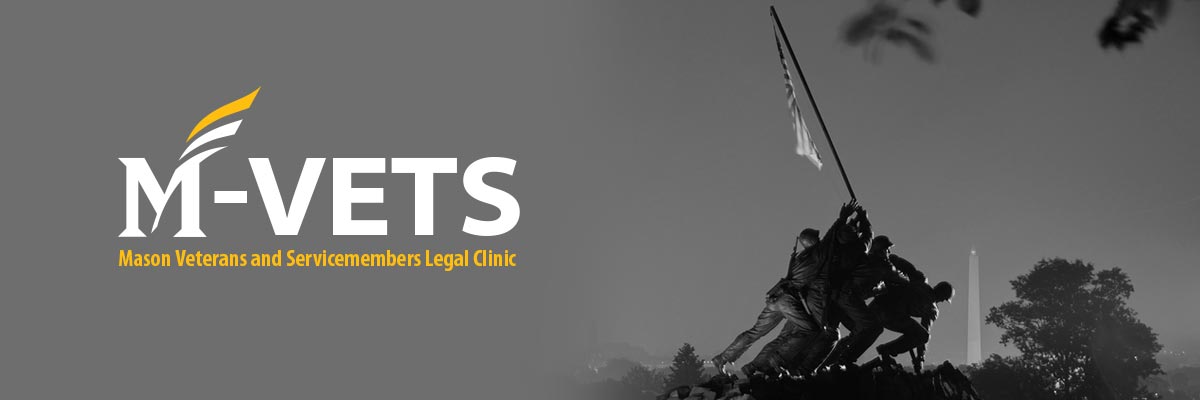Written By Spring 2021 M-VETS Student Advisor Alana Nielson.
“I wanted to believe in the Navy’s ability to properly handle cases of sexual assault. However, after having been through the process, it became clear that while step one [reporting the assault] is for the victim, all else is done explicitly for the image of the Navy, and the process caters to the perpetrators.” Read more

